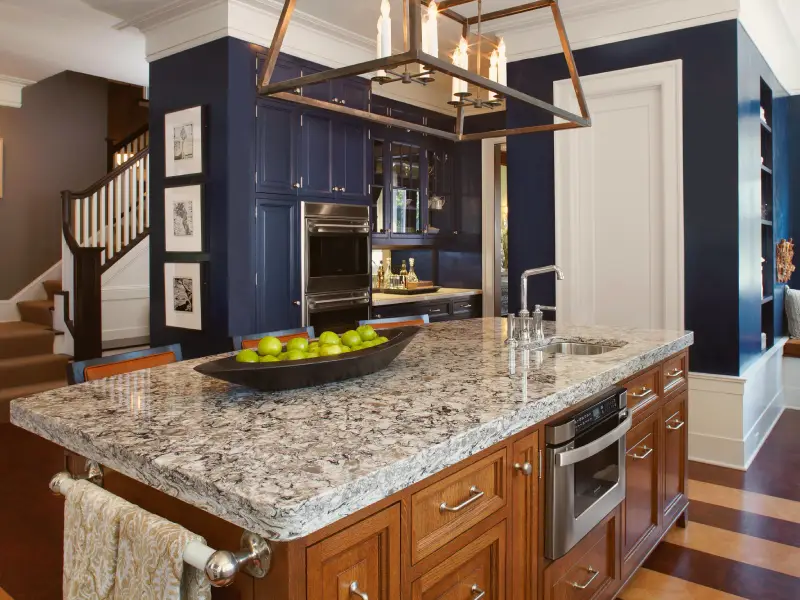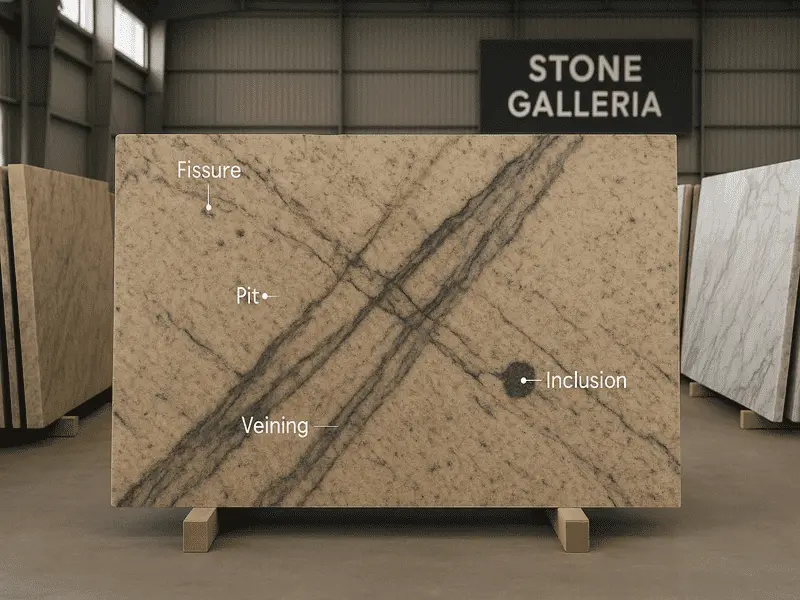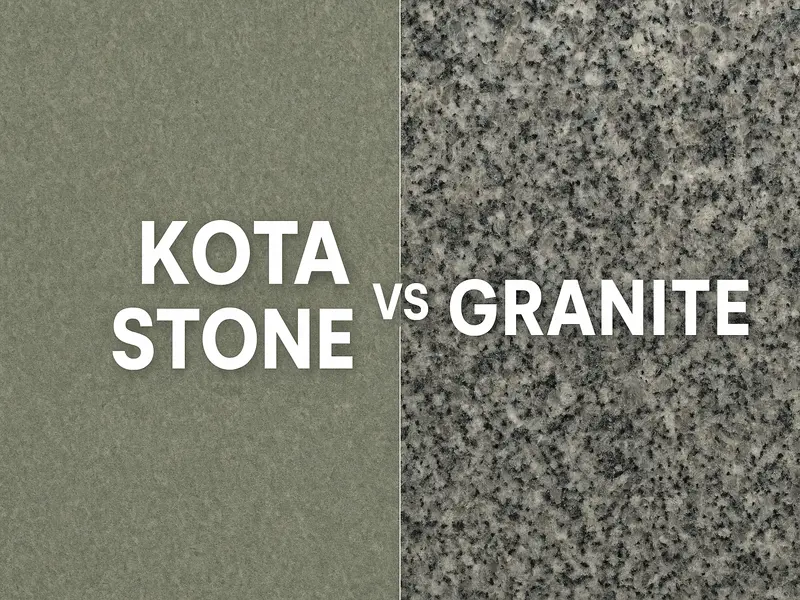Welcome to our blog series dedicated to exploring the heat resistance properties of various natural stones. Recently, we found ourselves needing to make a quick and informed decision about which material to choose for a high-heat environment. Given our extensive experience with natural stones, our instinctive choice was granite. However, we decided to challenge our biases and investigate other options. This journey led us to experiment with obvious contenders like quartzite and several other materials. Through these experiences, we aim to share valuable insights and help you make well-informed choices for your own projects.
So Far we have covered:
- Everything You Need to Know About Quartzite Slab – A Comprehensive Guide
- The Heat Resistance of Granite: Essential Facts
- Quartz vs. Granite – Heat Resistance Comparison

Quartzite Heat Resistance
Quartzite is a popular natural stone used in countertops and various other surfaces due to its aesthetic appeal and durability. One of the key aspects that homeowners and builders consider when choosing quartzite is its heat resistance. This article explores the heat-resistant properties of quartzite, addressing common questions and comparing it to other materials like granite. We’ll use the following keywords to guide our discussion: “can you put a hot pan on quartzite, quartzite heat resistant, is quartzite heat resistant, can quartzite withstand heat, is quartzite heat proof, is quartzite stain resistant, quartzite countertops heat resistance, quartzite heat resistance temperature, quartzite vs granite heat resistance.
Can You Put a Hot Pan on Quartzite?
One of the most frequently asked questions about quartzite countertops is whether they can handle hot cookware. The short answer is yes; quartzite is highly heat resistant and can withstand the occasional placement of hot pans. However, it is always advisable to use trivets or hot pads to protect the stone and ensure its longevity.
Is Quartzite Heat Resistant?
Quartzite is naturally heat resistant. Formed from sandstone subjected to intense heat and pressure over millions of years, quartzite is harder and more durable than many other natural stones. This inherent heat resistance makes it an excellent choice for kitchen countertops, where exposure to high temperatures is common.
READ | Quartzite Countertops: The Ultimate Countertop Material
Can Quartzite Withstand Heat?
Yes, quartzite can withstand high heat levels. Its formation process under extreme heat and pressure conditions endows it with a robust structure capable of enduring temperatures that would damage other materials. This makes quartzite a reliable option for surfaces that will be exposed to hot pots, pans, and other cookware.
Is Quartzite Heat Proof?
While quartzite is extremely heat resistant, it’s not entirely heat proof. Prolonged or repeated exposure to very high temperatures can potentially cause damage. Directly placing extremely hot items on quartzite surfaces might lead to thermal shock, which could cause cracking or discoloration. Thus, while quartzite can handle high heat, precautions should still be taken to maintain its pristine condition.
READ | Why Is Patagonia Quartzite Ideal for Countertops?
Quartzite Countertops Heat Resistance Temperature
Quartzite countertops can resist heat up to around 300°F (150°C). This temperature threshold makes quartzite suitable for most kitchen activities. However, using protective measures like trivets is recommended to prevent any risk of damage from sudden or extreme temperature changes.
Is Quartzite Stain Resistant?
In addition to its heat resistance, quartzite is also known for its stain resistance. Its dense composition makes it less porous than other natural stones, which helps prevent staining from spills. However, sealing the surface periodically can further enhance its resistance to stains and maintain its appearance.
READ | Granite vs. Quartzite: Comparing Two Titans of the Natural Stone World
Quartzite vs. Granite Heat Resistance
When comparing quartzite and granite in terms of heat resistance, both materials are highly durable and can handle high temperatures. However, quartzite has a slight edge over granite due to its formation process. Quartzite is typically harder and more resistant to heat than granite. Nevertheless, both materials are excellent choices for kitchen countertops, offering a combination of beauty and durability.
READ | Is Granite Food Safe? Exploring the Health Risk of Granite in Countertops and Cookware
Conclusion
Quartzite is an exceptional choice for countertops and other surfaces in spaces where heat resistance is crucial. Its ability to withstand high temperatures, coupled with its aesthetic appeal and durability, makes it a favorite among homeowners and builders. While it is not entirely heat proof, taking simple precautions can ensure that your quartzite surfaces remain beautiful and functional for years to come. Whether comparing quartzite to granite or considering its resistance to heat and stains, quartzite proves to be a superior material for high-heat environments.


 Fact Checked
Fact Checked














